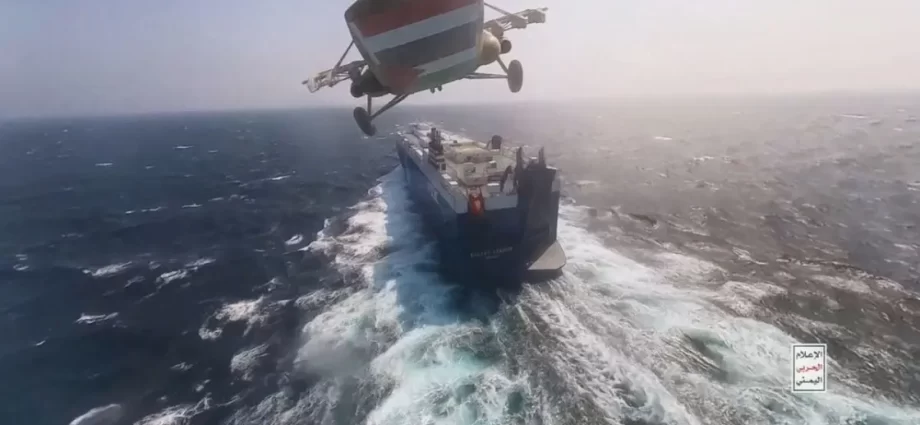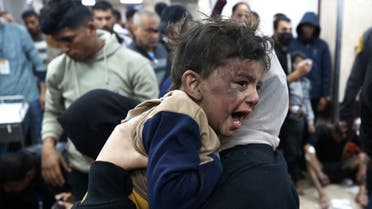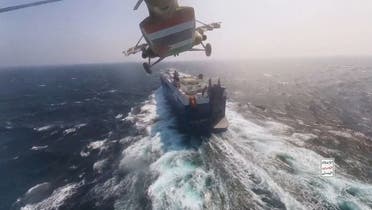Israel bombs Gaza; activists fear disease outbreak, mass starvation
Israel pressed on with its bombing of Gaza on Tuesday as humanitarian leaders feared the besieged territory may soon be overwhelmed by disease and starvation, and are piling diplomatic pressure on Israel to boost efforts to protect civilians.
Fierce fighting raged on Tuesday, with Hamas saying clashes had taken place in central Gaza and witnesses reporting deadly Israeli strikes in the south of the territory.
Strikes on Monday targeted Gaza’s main southern city of Khan Younis, now the epicenter of the fighting, as well as Rafah, a city on the border with Egypt where tens of thousands of people are seeking shelter.
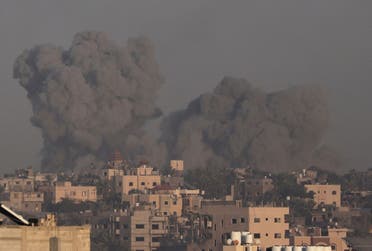
“Hamas is on the verge of dissolution – the IDF is taking over its last strongholds,” Israeli Defence Minister Yoav Gallant said late Monday.
The war began with Hamas’s October 7 attacks that killed 1,200 people, according to Israeli figures, and saw around 240 hostages taken back to Gaza.
Israel has responded with a military offensive that has reduced much of Gaza to rubble and killed at least 18,200 people, mostly women and children, according to the Palestinian health ministry.
Israel’s army chief Herzi Halevi visited the center of Khan Younis on Monday, where he said his forces were “securing our accomplishments in the northern part of the Gaza Strip, the entrance in the southern part of the Strip, and also deep down into the ground”.
The UN estimates 1.9 million of the territory’s 2.4 million people have been displaced by Israel’s war, half of them children.
Fighting and heavy bombardment in the south, where Israel had previously urged civilians to seek safety, have left people with few places to go.
Umm Mohammed al-Jabri lost seven children in an airstrike on Rafah after fleeing there from Gaza City further north.
“I have four children left,” said Jabri, 56. “Last night they bombed the house we were in and destroyed it. They said Rafah would be a safe place. There is no safe place.”
Yemen’s Houthis claim attack on Norwegian tanker STRINDA
The group targeted the tanker with a rocket after the crew refused to respond to all warnings, Houthi military spokesperson Yehia Sareea said in a televised statement.
He vowed that the Houthis would continue blocking ships heading to Israeli ports until Israel allows the entry of food and medical aid into the Gaza Strip – more than 1,000 miles from the Houthi seat of power in Sanaa.
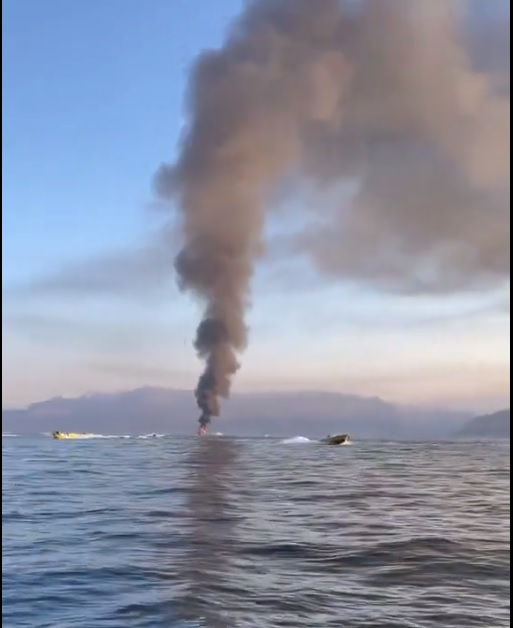
The attack on the tanker STRINDA took place about 60 nautical miles (111km) north of the Bab al-Mandab Strait connecting the Red Sea and the Gulf of Aden at about 2100 GMT, a US official told Reuters. A second US official said the STRINDA was able to move under its own power in the hours after the attack.
“There were no US ships in the vicinity at the time of the attack, but the [US Navy destroyer] USS MASON responded to the M/T STRINDA’s mayday call and is currently rendering assistance,” the US military’s Central Command, which oversees American forces in the Middle East, said in a statement posted on social media platform X.
The attack caused a fire and damage but no casualties, the US military said in a statement.
The Houthi spokesman said that the group had managed to obstruct the passage of several ships in recent days, acting in support of the Palestinians.
The chemical tanker is now headed for a safe port, the ship’s Norwegian owner, Mowinckel Chemical Tankers, told Reuters. The STRINDA tanker’s crew of 22 from India are all unhurt, Mowinckel Chair Geir Belsnes said.

